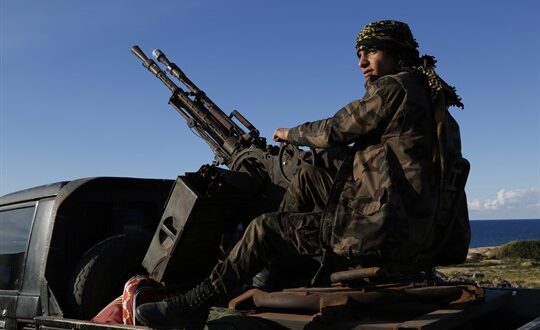By any definition, Libya is a so-called fragile state and a high-priority challenge for international security. Since 2011, it has been wracked by repeated cycles of internal division and proxy warfare. It is a key node of arms smuggling and human trafficking, and a feeder of violence, conflict and human suffering across North Africa and down to the Sahel and the broader West Africa region.
In recognition of these challenges, the U.S. recently named it one of the priority countries for the Global Fragility Act, or GFA, a 2019 law designed to change the way the U.S. government approaches conflict-prevention and peacebuilding in fragile states. Considering the Global Fragility Act’s strengths and weaknesses in how it might address instability in Libya illustrates the challenges facing international approaches to conflict prevention, with important lessons both for the future of the GFA and for other peacebuilding endeavors
 Eurasia Press & News
Eurasia Press & News



